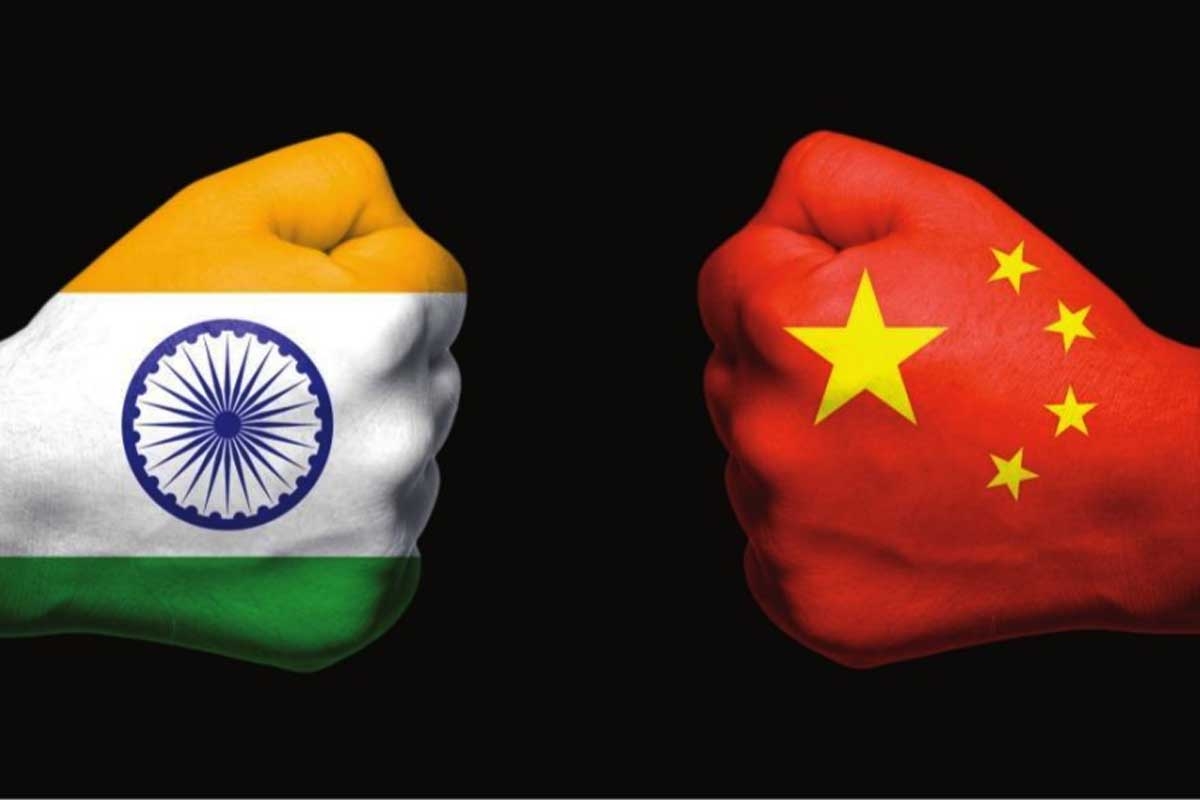Border guarding capability involves acquiring better and latest platforms for intelligence, airpower, war fighting and hybrid war tools like cyber and information warfare.
The Prime Minister took a strong step by visiting Ladakh, and made a stronger statement by saying, “The age of expansionism is over, now it is the age of development. History is witness that such expansionist powers were either destroyed or forced to retreat.” This can be judged by the fact that his statement on expansionism evoked a prompt response from China itself. It is not the first time that India has made such a strong statement against China. Earlier India decided not to participate in the BRI forum meeting in 2017, to protest the CPEC, the cornerstone of BRI, because it is passing through the territory disputed between India and Pakistan.
From South China Sea to Senkaku islands, Hong Kong to Xinjiang, from trade wars and freedom of sea lanes with United States and Australia, several countries are, in one way or the other, affected by the actions of China, besides having to simultaneously fight the pandemic at home, for which too China is to blame, even if absolved of culpability. However, India is the only country which has had the gumption to take on China by taking substantive steps while the West has really done nothing; India has banned Chinese apps, applied curbs on Chinese investment in communications and infrastructure projects, and subjected Chinese FDI to deeper scrutiny. It has also stood up to China’s salami slicing tactics on the borders and arguably for the first time since 1979, given the Chinese PLA a bloody nose at Galwan, however tactical it may be. China clearly did not expect India to stand up to its border adventurism. Three years ago, in Dolam Plateau (wrongly referred to as Doklam) too, the China did not expect India to stand up firmly to assist Bhutan.
Which other countries have taken such strong and direct steps? The national discourse is full of India’s position and its effect or otherwise. Countries affected by China’s expansionist ethos, whether geographic economic or political influence, are inspired to take some action against China. Some are unable to take action, while a few of them have taken some action like the US, Japan and Australia. Countries, especially democracies are coming together due to a convergence of interests. India will have to choose its friends, partners and allies. It will have to choose arrangements, groupings and alignments with care in keeping with its national interest and in line with its geo-political balancing.
While India should be pragmatic in its diplomatic and international efforts, but the enemy has to be stopped at the borders, which you have to guard yourself; no other country will help you to fight a tactical or operational battle. We have to be strong and effective on the borders to ensure that any adventurism is detected in time and stopped, if not pre-empted before any damage is done. For six decades the seasonal arrangement of the talks, mechanism and confidence building measures has worked enough to ensure that no shots were fired, which meant no lives were lost. It wasn’t obviously good enough this year, because lives were lost on both sides.
Border guarding capability involves acquiring better and latest platforms for intelligence, airpower, war fighting and hybrid war tools like cyber and information warfare. Most modern platforms and weapons are no good if they cannot reach the point of application inside the desired time frame. Hence the need to improve our road infrastructure on the borders is an urgent imperative. For misplaced reasons, we did not create border roads for five decades. The present renewed focus and financing of infrastructure, therefore, is welcome. Momentum must be maintained as an emergent measure at the national level.
An unresolved border is a sensitive issue that requires constant monitoring. It calls for a synergetic and integrated approach from all stakeholders. Intelligence agencies, border guarding force, Army, combat support arms like engineers and more and other stakeholders must work in unison, seamlessly. Operations in this region will involve Air Force as well as cyber and space agencies and possibly Special Forces. In the present context, it is important to integrate their operational employment for optimum results.
The best way to do this is inarguably, by establishing the Joint Theatre Command at the earliest. It will also define a clear line of authority and accountability. The Theatre Commander with a focused responsibility will provide the leadership with a clear assessment and firm operational recommendations. The newly appointed Chief of Defence Staff has already been given the mandate to established joint theatre commands in a timeline of three years. An integrated Air Defence Command is planned in an earlier time frame, and rightly so. It is also the first dimension that is likely to influence all outcomes in this region as well. Winston Churchill famously said during World War II, “Never let a good crisis
Indian Army is capable of defending its borders very well. And the bravery of Indian soldiers is something that can be taken for granted, as we have repeatedly witnessed over the years. However, they need better platforms, better infrastructure and better integration between stakeholders. It is incumbent on India to provide her brave soldiers with these basic enablers, to defend our borders and our lives.
Lt General Satish Dua is a former Corps Commander in Kashmir, who retired as Chief of Integrated Defence Staff. Views expressed are personal.

